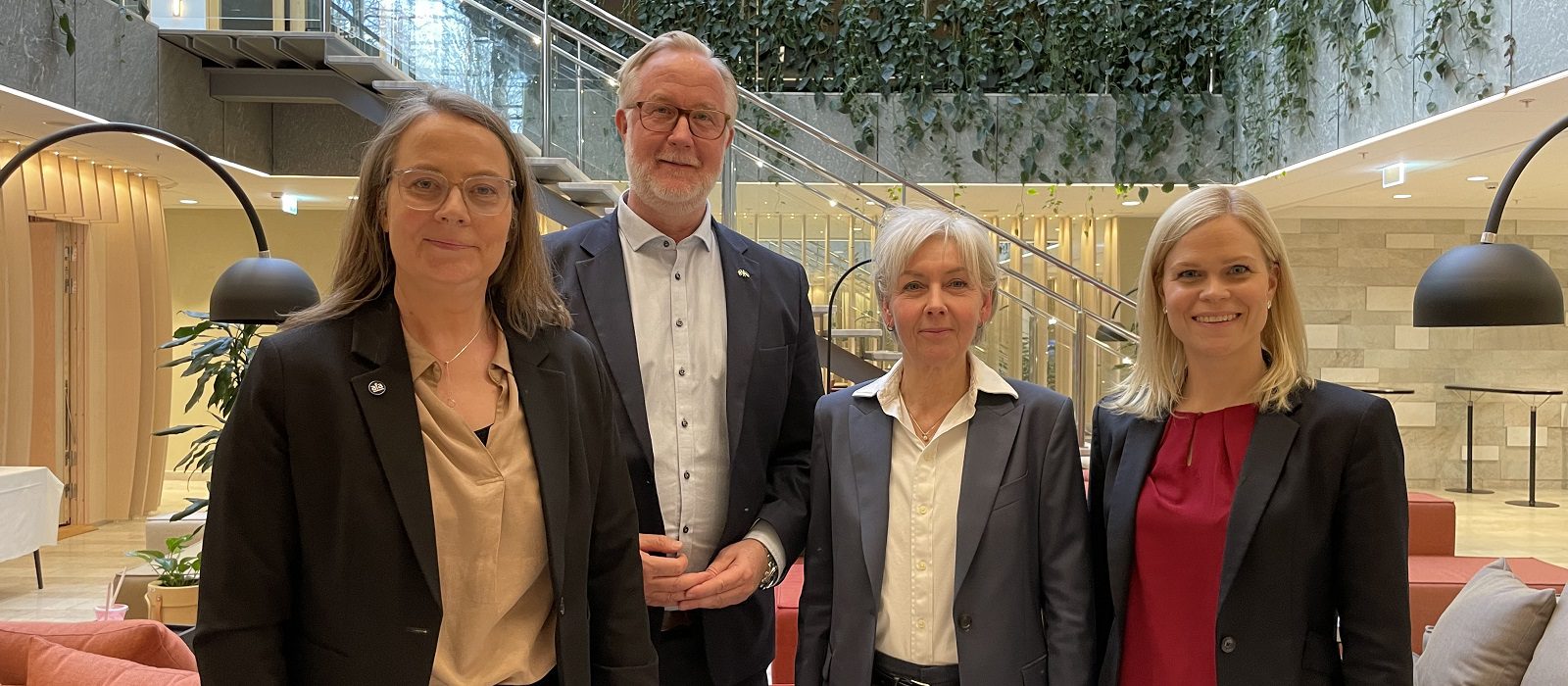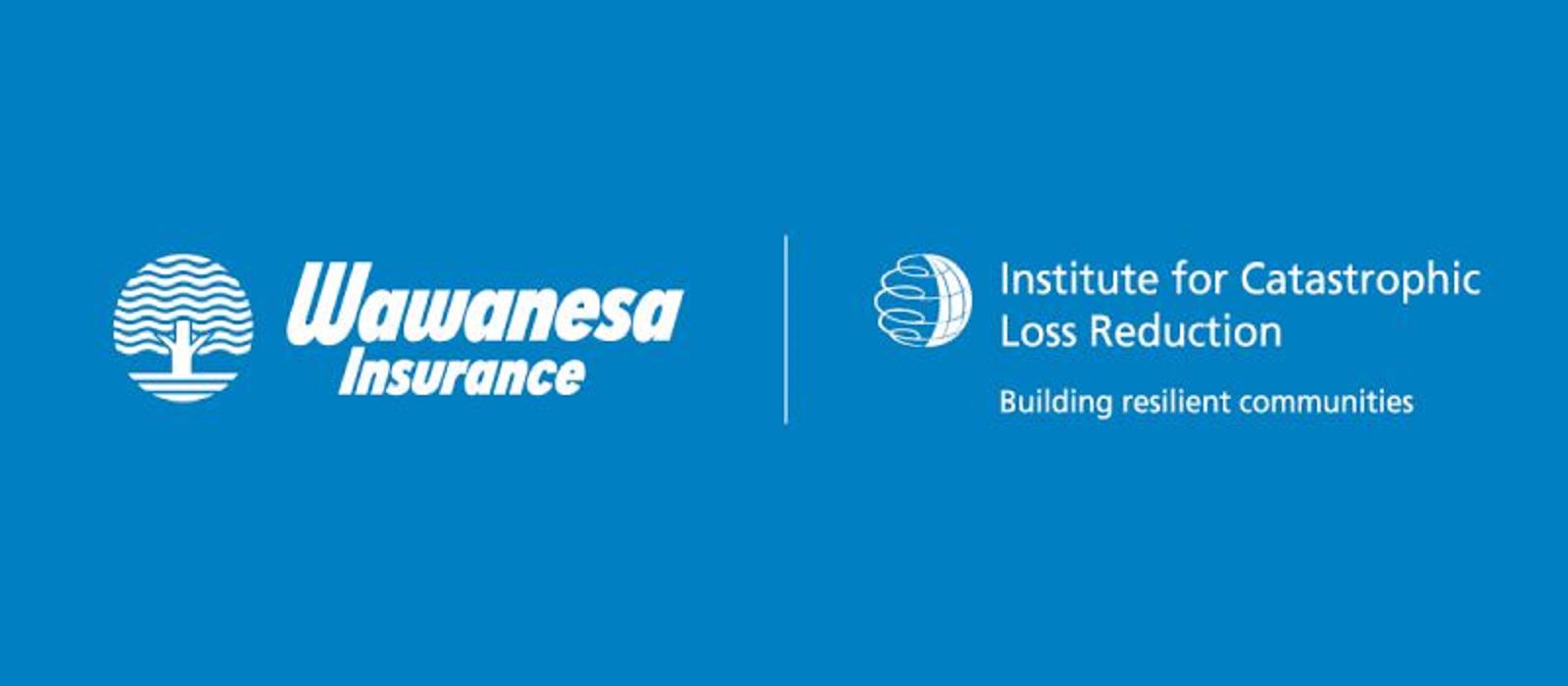Singapore-based ICMIF member NTUC Income (Income) launched its first Sustainability Report, “Because We Are Made for Purpose”, earlier this month.
The report outlines Income’s sustainability vision to empower better financial well-being by embedding environmental, social and governance (ESG) considerations across its business. It also taps into opportunities to achieve operational resilience, as well as address the impact of climate change on the environment and society.
The report details Income’s sustainability strategy which outlines its focus areas and long-term sustainability goals to deliver positive impact in Singapore.
The highlights of Income’s long-term sustainability goals are as follows.
- Achieve net-zero greenhouse gas (GHG) emissions by 2050
- Cease underwriting of property and casualty business in coal sectors by 2040
- Totally divest investment portfolio from coal sectors by 2030
- Have all assets managed by external fund managers that are signatories to the United Nations (UN) Principles of Responsible Investment or with ESG considerations by 2030
- Act on product development opportunities based on identified environment-related risks and opportunities
- Pledged SDG 100 million over 10 years from 2021 to champion education for children and youth-in-need, seniors in Singapore and environmental causes
The report also includes disclosures that detail its climate-related governance, risk management, strategy, as well as metrics and targets that are aligned to the recommendations of the Task Force on Climate-Related Financial Disclosures (TCFD), established by the Financial Stability Board.
NTUC Income’s CEO, Andrew Yeo, said, “To be purpose-driven is fundamental to Income and this is aptly reflected in our inaugural sustainability report. We were established in 1970 to plug a pressing social need in Singapore by providing affordable insurance to the working class. Today, we remain focused on keeping insurance accessible to people from all walks of life. This continues to be our unwavering purpose as we transition from an insurance cooperative to a company this year.”
“To ensure that we walk the talk leveraging our business in insurance to make the world a better place, we hold ourselves accountable by appraising our corporate performance not just by how well we do financially, but also the extent of positive impact we are bringing to the community we serve. Income’s sustainability strategy is a blueprint that frames our way of thinking and working more strategically and holistically as we sharpen our consideration for ESG factors to create long-term value for our stakeholders and community,” Yeo added.
Income’s sustainability strategy, which it adopted in 2021, is formulated around three strategic pillars, namely ‘Action for Environment’; ‘Operate a Responsible Business’; and ‘Build Stronger Communities’. Each pillar comprises material actions that guide its business priorities. Together, they outline how Income plans to create sustainable value and operate in the best interest of the company and its stakeholders.
Through implementing its sustainability strategy, Income also supports seven UN Sustainable Development Goals (SDGs) that it believes it can contribute to most meaningfully.
Yeo said, “We are on this sustainability journey for the long-haul. To succeed, we have set long-term sustainability goals. The SDGs offer us added purpose to what we already do at Income as we strongly believe that we can achieve more together. As an insurer, asset owner and investor, Income has a role to play in the transition to a low-carbon economy. On this front, we are prioritising a calibrated approach as we are mindful of future guidance and methodologies that will continue to emerge, evolve, mature and influence our approach to greenhouse gas reduction and sustainability. However, where we already have a track record, we are set to build on our strengths and deepen our positive impact in the long-term.”
“I am proud of how our 2021 performance demonstrated our clear sense of purpose and how we had come together as a responsible and sustainable business. We welcome stakeholders’ feedback on our sustainability report and performance as it will help us improve our sustainability performance and disclosure practices,” Yeo concluded.
Download the report here.






